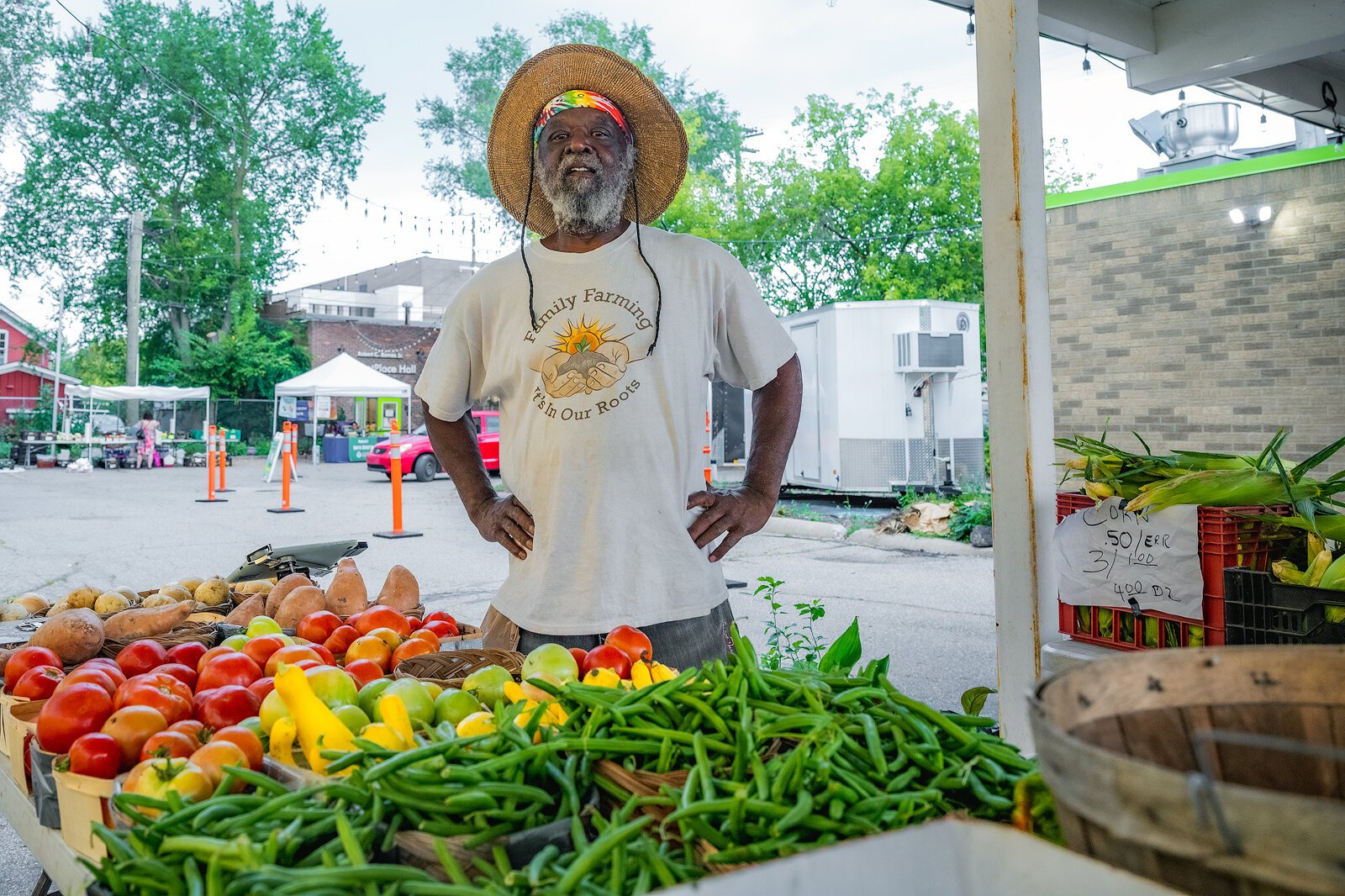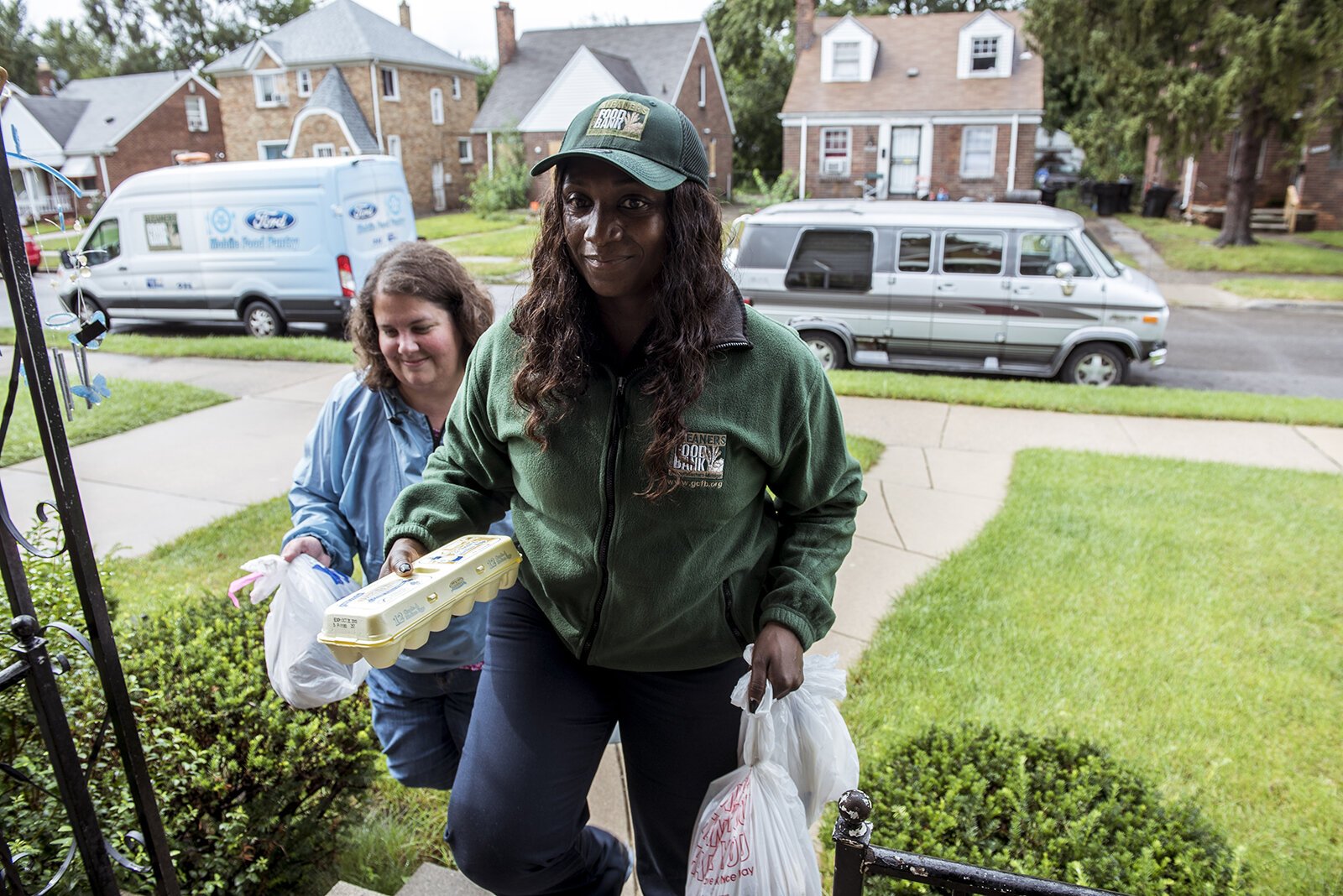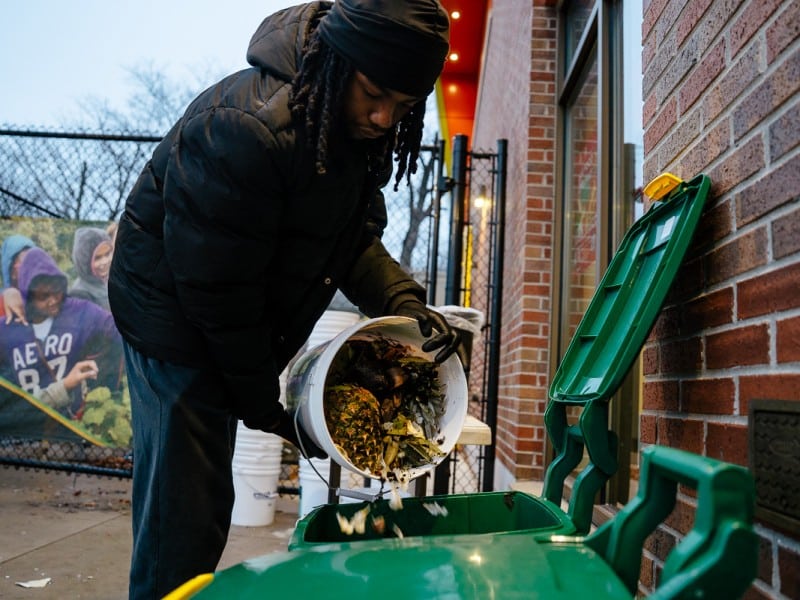Health care providers across the state are administering innovative programs that prescribe doses of local fruits and vegetables and injections of exercise.
This article is part of State of Health, a series about how Michigan communities are rising to address health challenges. It is made possible with funding from the Michigan Health Endowment Fund.
While most Michiganders fill their prescriptions at pharmacies, others do so at their local farmers market or park. Health care providers across the state are administering innovative programs that prescribe doses of local fruits and vegetables and injections of exercise.
One of the longest-running examples is Washtenaw County’s “prescription for health” program, which provides county residents with coupons for fresh fruits and vegetables at local farmers markets. Piloted in 2010, the program has documented success for more than a decade. The Washtenaw County Health Department (WCHD) partners with health care providers who enroll income-challenged patients who have, or are at risk for, chronic disease. The WCHD gives patients $100 worth of tokens redeemable for fresh produce at participating farmers markets. In addition, peer community health workers build relationships with participants, sharing recipes, healthy living tips, and friendly conversations about their health concerns.
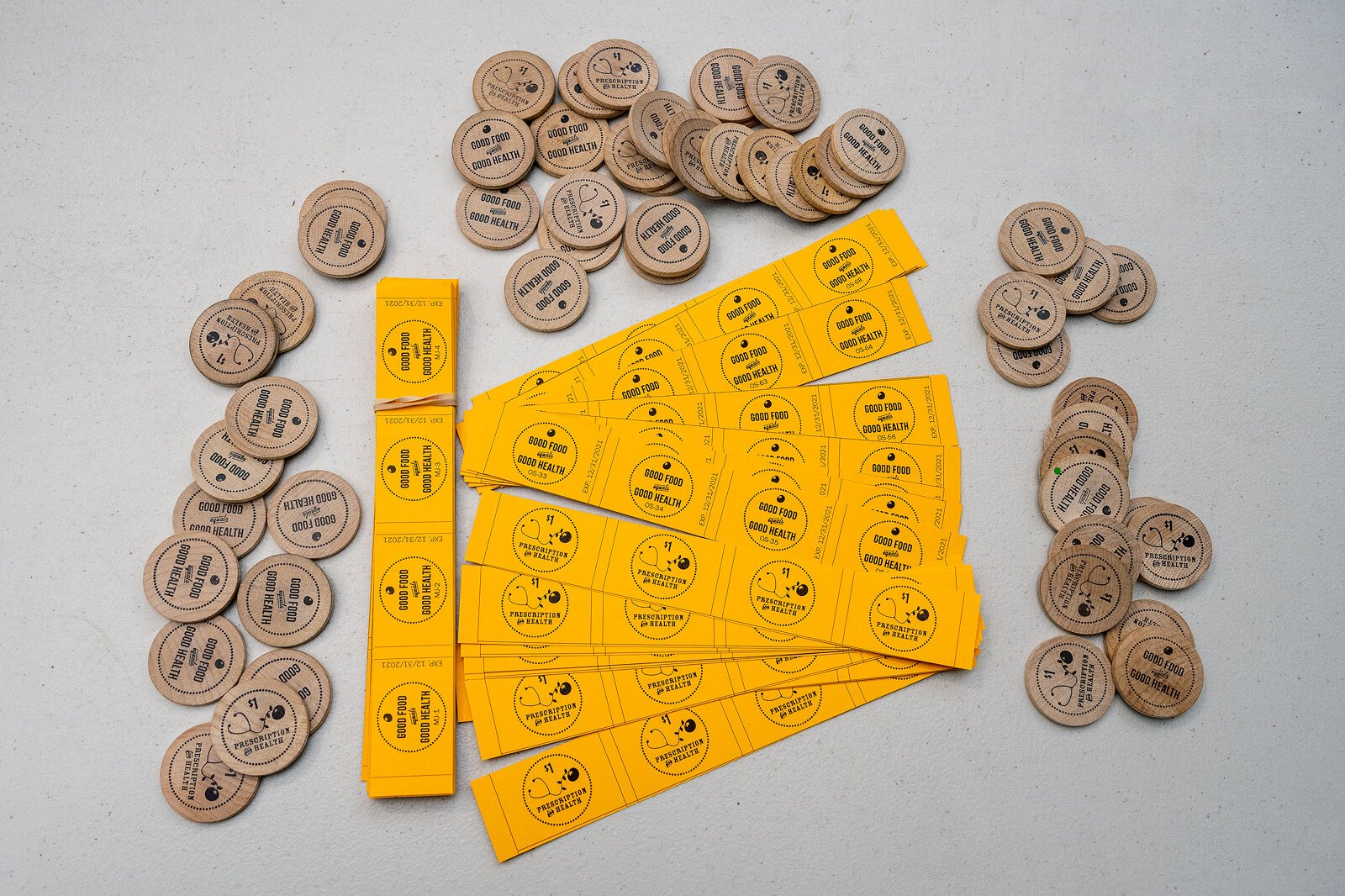
“It’s such a fabulous program. It can help someone wanting access to fruits and vegetables make healthy behavior changes, and also helps our local economy,” says Ariane Donnelly, WCHD health promotion coordinator.
Every year, participants have reported increasing fresh produce and decreasing unhealthy foods in their diets. During the last tally in 2019, 90% of participants reported that their improved diets had helped them manage chronic health conditions. And the extra $33,412 in tokens spent at farmers markets was a great boost to the farmers and vendors who grew and sold the produce. Donnelly says she’s heard from participants who lost weight, were able to stop taking a medication, or reversed prediabetes as a result of the program.
“I just love how our participants are intent on making healthy eating or living changes as goals for their lives,” she says.
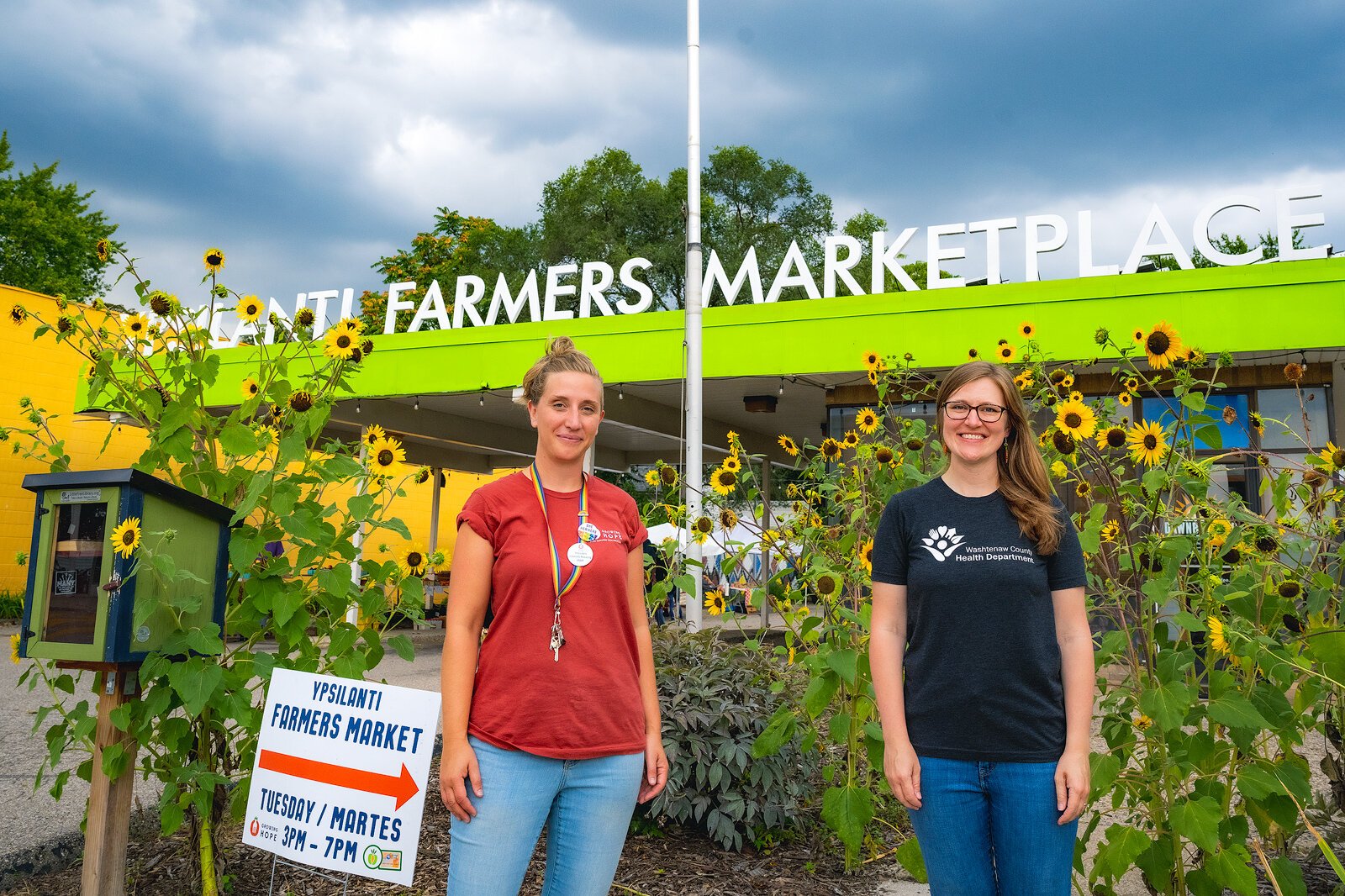
In 2016, WCHD published a Prescription for Health Program Implementation Guide to help other organizations replicate the program with tips on program planning, implementation, evaluation, and sample materials. A checklist helps organizations determine if they are ready to implement a prescription for health program in their community.
“We had learned a lot of lessons along the way and had a lot of people interested in hearing from us. We wanted to present this for everyone to be able to use and not have to recreate the wheel,” Donnelly says. “Fruits and vegetables provide so many nutrients that are important to our health. Food can really be medicine — and help reduce and manage chronic disease.”
Henry’s Groceries yields healthy ROI
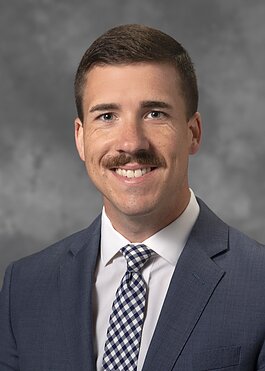
While it’s not a traditional prescription for health program, Henry Ford Health System (HFHS) has also experienced impressive results providing healthy foods to populations in need. HFHS’ “Henry’s Groceries” program compensates Gleaners Community Food Bank to deliver a bi-weekly box of healthy foods to food-insecure patients with chronic health conditions. The boxes include a mix of fresh produce, shelf-stable items, milk, cheese, and protein, with servings portioned to match the size of the recipient’s family.
“It’s a great mix of fresh, wholesome, nutritious food,” says Alexander Plum, HFHS director of clinical and social health integration. “There are boxes for folks who eat halal, folks on dialysis, and vegetarians, as well. We also send menu guides so folks can experiment with new recipes.”
Launched as a pilot three years ago, Henry’s Groceries began by delivering food to 200 food-insecure adult patients living in Detroit, Hamtramck, and Dearborn. Intended to help them manage and improve chronic health conditions while reducing emergency room visits and hospital readmissions, the program evaluation found a 95% patient satisfaction rate and an unprecedented 98% patient follow-through.
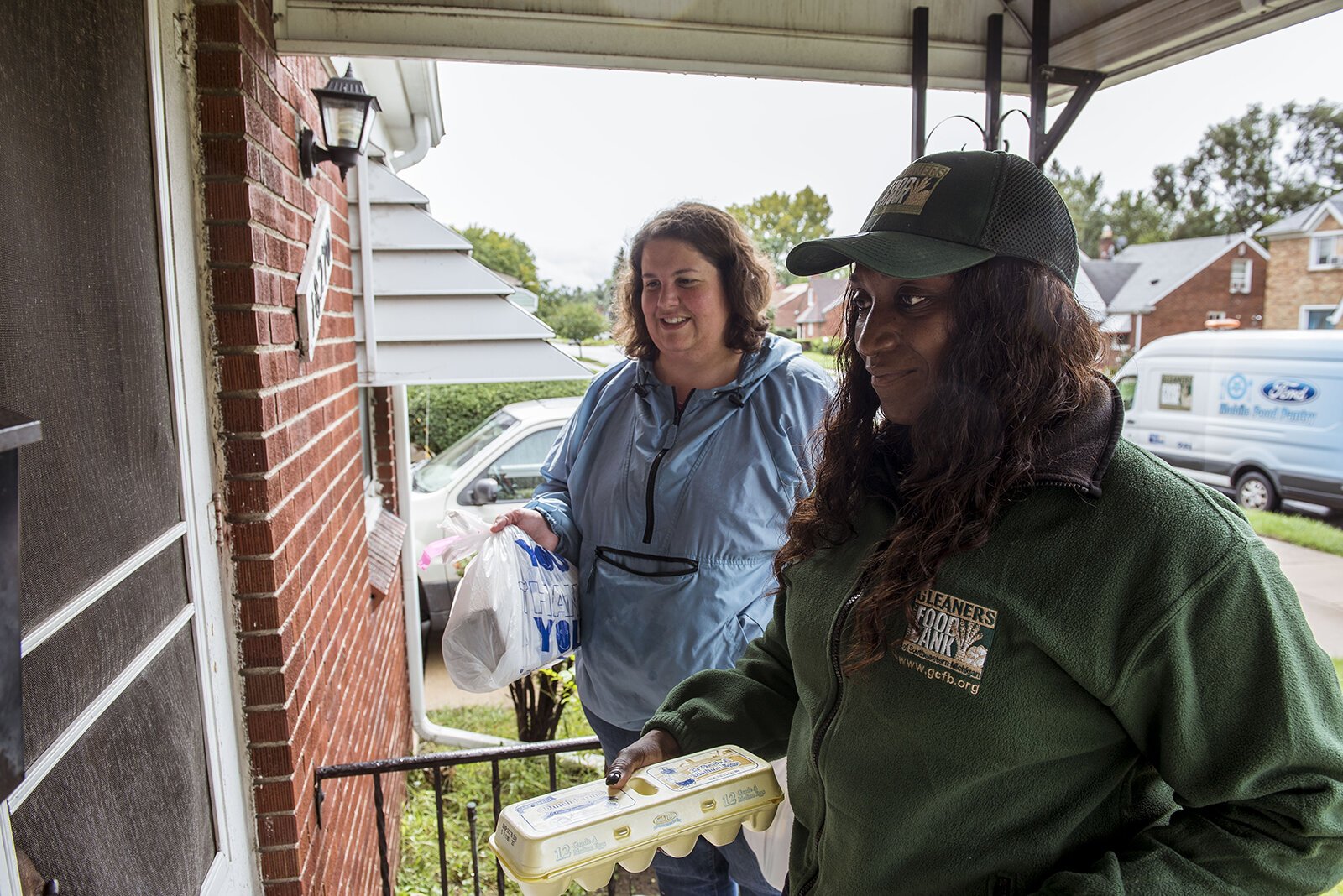
HFHS not only recouped its initial investment of $250,000 through cost savings, but also saved an additional $400,000 in projected costs that the patients would have incurred without the program’s intervention. With the help of a $500,000 grant from the Michigan Health Endowment Fund, HFHS is investing $1 million to expand the program to 1,000 children and adults.
“When we provide the box for the entire family based on the number of children in the home, we’re hoping we’ll see changes in healthy behaviors as children adopt those healthier eating habits,” says Dr. Stacy Leatherwood, an HFHS pediatric primary care provider involved in the program. “Healthy foods are really important to disease prevention, especially for children. When they make unhealthy food choices, that sets them up for chronic conditions like cardiovascular disease, high blood pressure, and diabetes. By helping them make healthier choices, they can prevent those.”

Leatherwood notes that studies have connected food insecurity in children with increased emergency room use, mental health issues, and reduced academic success due to increased absenteeism and behavioral issues that make it hard for kids to do well in the classroom.
“Food security is not a cure-all, but it definitely can be impactful in many areas of families’ lives,” Leatherwood says. “When you eliminate food insecurity, communities are more likely to have healthy families raising healthier children.”
Health is a walk in the park
In West Michigan, Kent County Health Department (KCHD) has implemented a variety of prescription for health programs in partnership with Spectrum Health, Cherry Health, and Mercy Health Browning Claytor Health Center. These involved providers giving patients coupons for fresh fruits and vegetables, which were redeemable at local farmers markets. In 2020, KCHD began partnering with Spectrum Health and the nonprofit Park Rx America to address chronic disease, increase health and happiness, and foster environmental stewardship by having providers prescribe nature to their patients. KCHD staff entered all of Grand Rapids’ city parks into Park Rx’s website so that health care providers can prescribe patients a visit to a local park. Patients can then “fill” their prescriptions by logging their visits on the website.
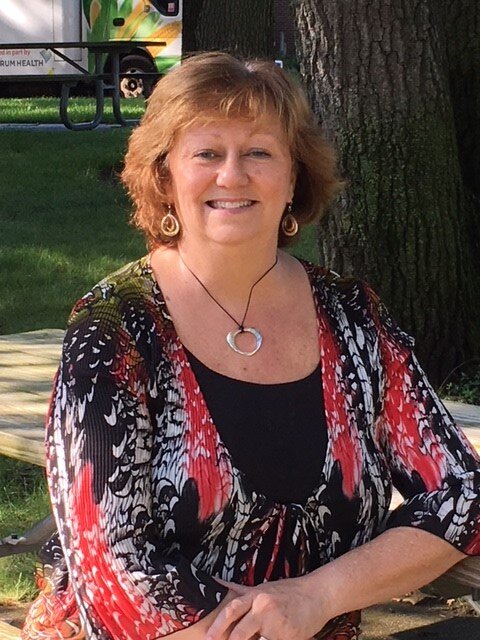
“We are even encouraging parents to prescribe to their kids, ‘Get outside and play!'” says Jill Myer, KCHD public health program supervisor. “Kids are spending a lot more screen time. Getting outside in the fresh air and getting Vitamin D from sunlight is helpful for many things – not just physical health, but also mental aspects.”
Another partner in the program, Friends of Grand Rapids Parks (FGRP), is known for its park clean-ups, playground builds, and tree plantings, but it also addresses residents’ health and wellness.
“While parks and trees do reduce the carbon footprint, they moreover help improve our community by encouraging activity that reduces childhood and adult obesity rates, reduces the heat island effect, and improves mental and emotional health,” says Stephanie Adams, FGRP executive director. “Parks also reduce downstream health care costs by providing preventative solutions to health problems. Through sport, recreation, fitness, clean air, or simply a space to relax and de-stress, parks directly reduce the incidence and impact of physical and mental health issues. This means parks are critical health infrastructure.”
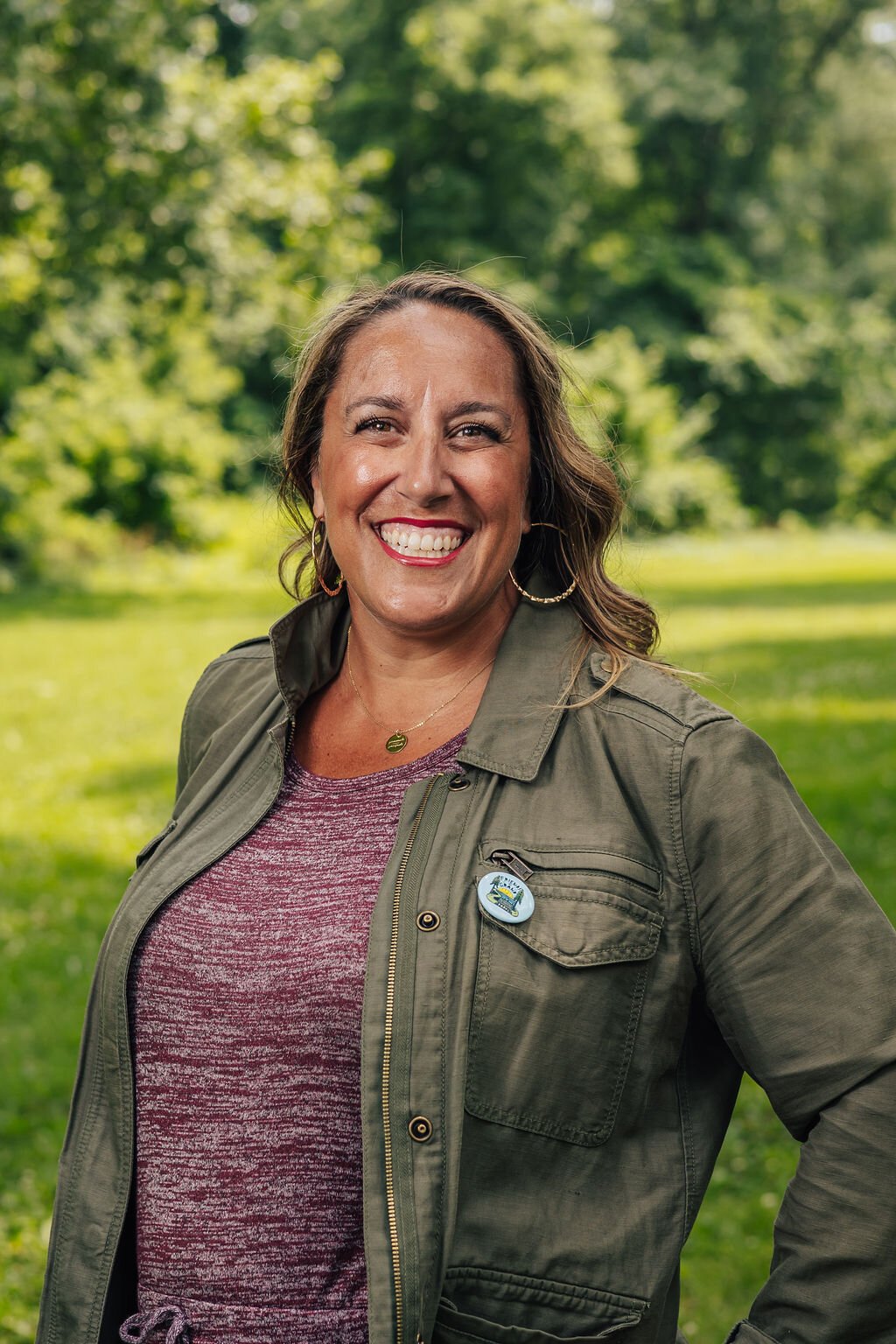
FGRP sees parks as vital for providing physical, emotional, spiritual, and social elements that impact quality of life — as public gathering places that add to people’s mental and physical health, and the economic health of a community.
“Our parks create a backyard for many who may not have one,” Adams says. “They bring people together in one common space to unify in celebration, protest, or even grief.”
A holistic approach
That dedication to the whole person is at the heart of Washtenaw County’s, HFHS’, and Kent County’s programs. When patients come to an HFHS facility for medical treatment, they are first asked about their physical ailment but then also screened for depression and social determinants that diminish their health: need for housing, lack of transportation, underemployment or unemployment, and food insecurity. When needs are discovered, a case manager connects patients to community resources that can help.
“I’ve been a practicing pediatrician in Detroit for 21 years. One of the reasons I chose to work in the city of Detroit was that I believe that, no matter where you live, what your income, or the color of your skin, you deserve quality, comprehensive health care,” Leatherwood says. “Basically, I believe in holistic care. We are changing the culture of the home, providing healthier foods for the family, and empowering families to make other healthy choices that affect them. We’re hoping we’ll see children adapt those healthier habits for life.”
A freelance writer and editor, Estelle Slootmaker is happiest writing about social justice, wellness, and the arts. She is development news editor for Rapid Growth Media and chairs The Tree Amigos, City of Wyoming Tree Commission. Her finest accomplishment is her five amazing adult children. You can contact Estelle at Estelle.Slootmaker@gmail.com or www.constellations.biz.
Washtenaw County/Ypsilanti photos by Doug Coombe. Henry’s Groceries photos courtesy of HFHS. All other photos courtesy of the subjects.
